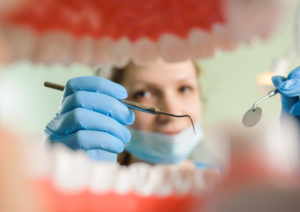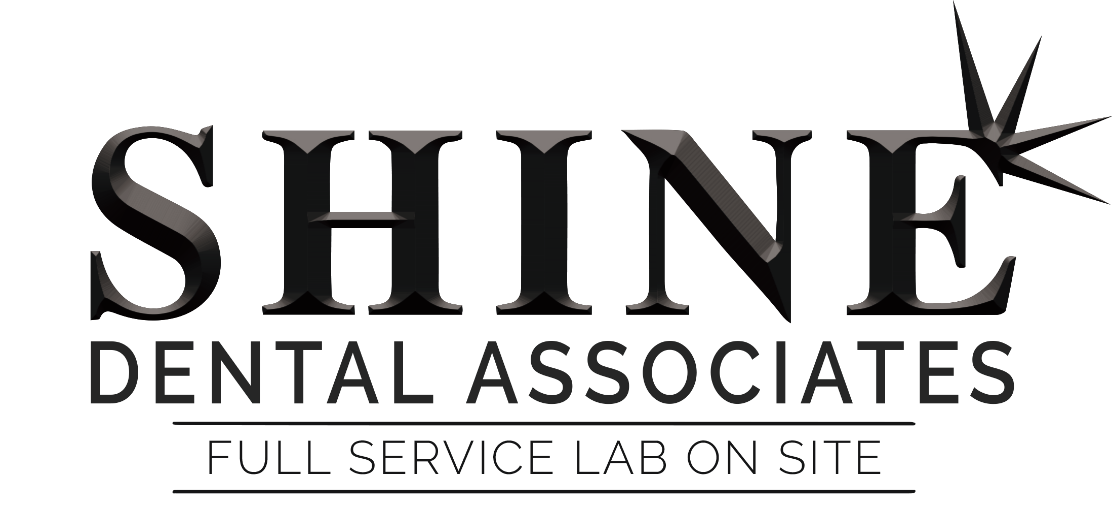 No matter how diligent you are at home with your dental hygiene, you will never get your teeth as clean as a dental hygienist. There are three main types of dental cleanings, each has a different purpose. Depending on your particular circumstances, your dental hygienist or dentist will recommend which cleaning is right for you. Here are the different types of teeth cleaning and what they address.
No matter how diligent you are at home with your dental hygiene, you will never get your teeth as clean as a dental hygienist. There are three main types of dental cleanings, each has a different purpose. Depending on your particular circumstances, your dental hygienist or dentist will recommend which cleaning is right for you. Here are the different types of teeth cleaning and what they address.
Prophy
A prophy cleaning is what most people think about when they think about teeth cleaning. Prophy is the regular cleaning that you need to get every six months to keep dental illnesses and infections at bay. A prophy is a cleaning above the teeth line to remove tartar and plaque that causes cavities. This procedure may also include a prophylaxis cleaning to remove stains. The teeth are usually scaled and then polished. Prophy is also called hygiene therapy.
Gross Debridement
A gross debridement is recommended for patients who haven’t had a cleaning for a while. A gross debridement uses scaling to remove the tartar that has built up over time. This is also important for dentists to be able to see the full condition of your teeth and recommend any treatments. After scaling the teeth are polished to remove any stains. Usually, a gross debridement takes about an hour to complete from start to finish.
Root Planing
Root planing, also called a “deep cleaning”, is a cleaning that goes under the surface of the gums. Root planing is recommended for individuals who have periodontal disease. Root planing is a very complex procedure that will require local anesthesia. Root planing may also take multiple visits because dentists prefer to do it a section at a time. You will also be required to return for a follow-up visit to ensure the cleaning worked. After a root planing, your teeth are usually polished to remove any stains.
All of these cleaning services help maintain your dental hygiene and keep your mouth healthy and clean. Depending on how long it has been since you visited the dentist or if you have been diagnosed with periodontal disease, you may have to have more intensive cleanings and get a cleaning more often. Make sure that you work with your Shine Dental Group dentist and dental hygienist to make sure that you keep up the proper maintenance after a cleaning so you can maintain your dental hygiene.


